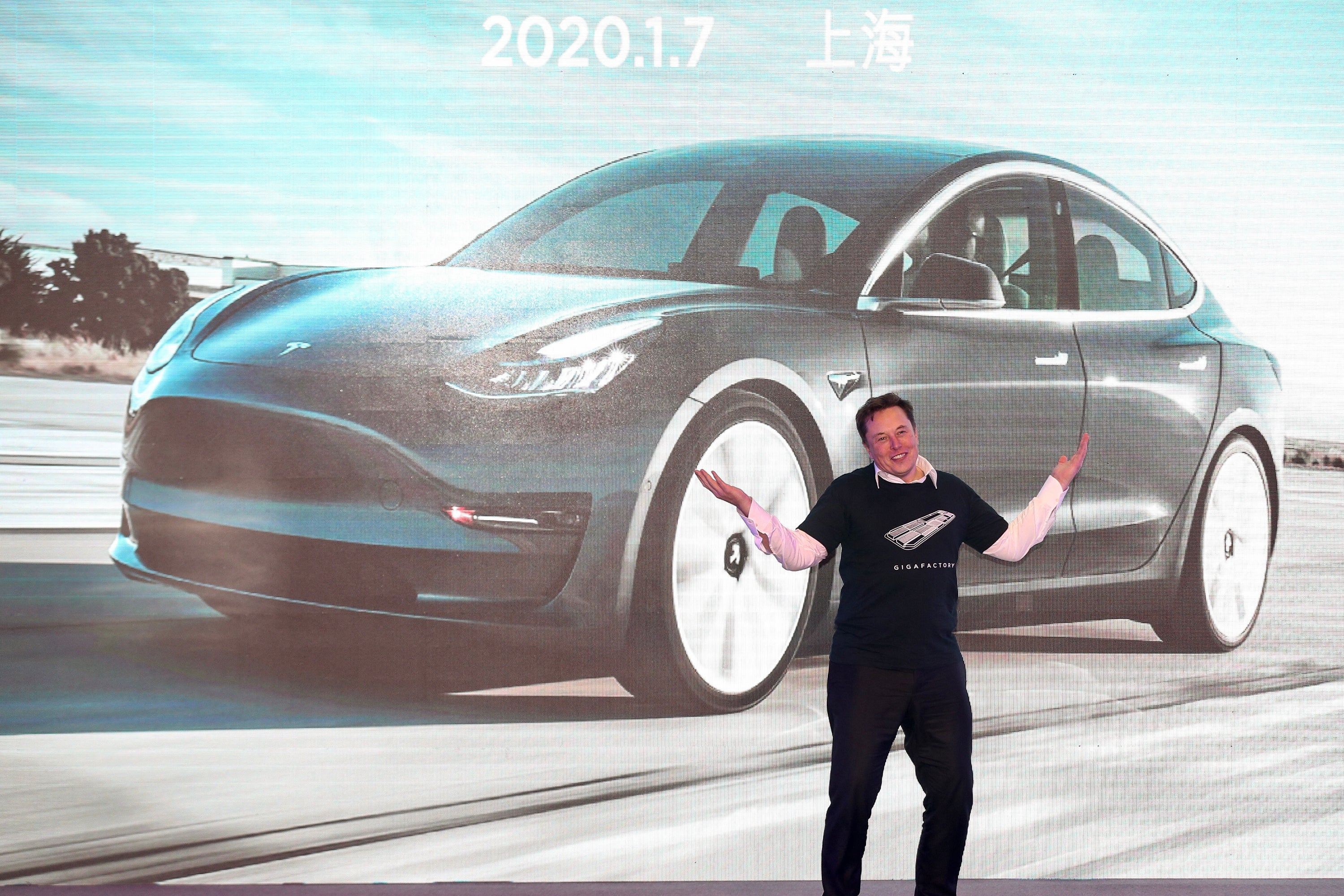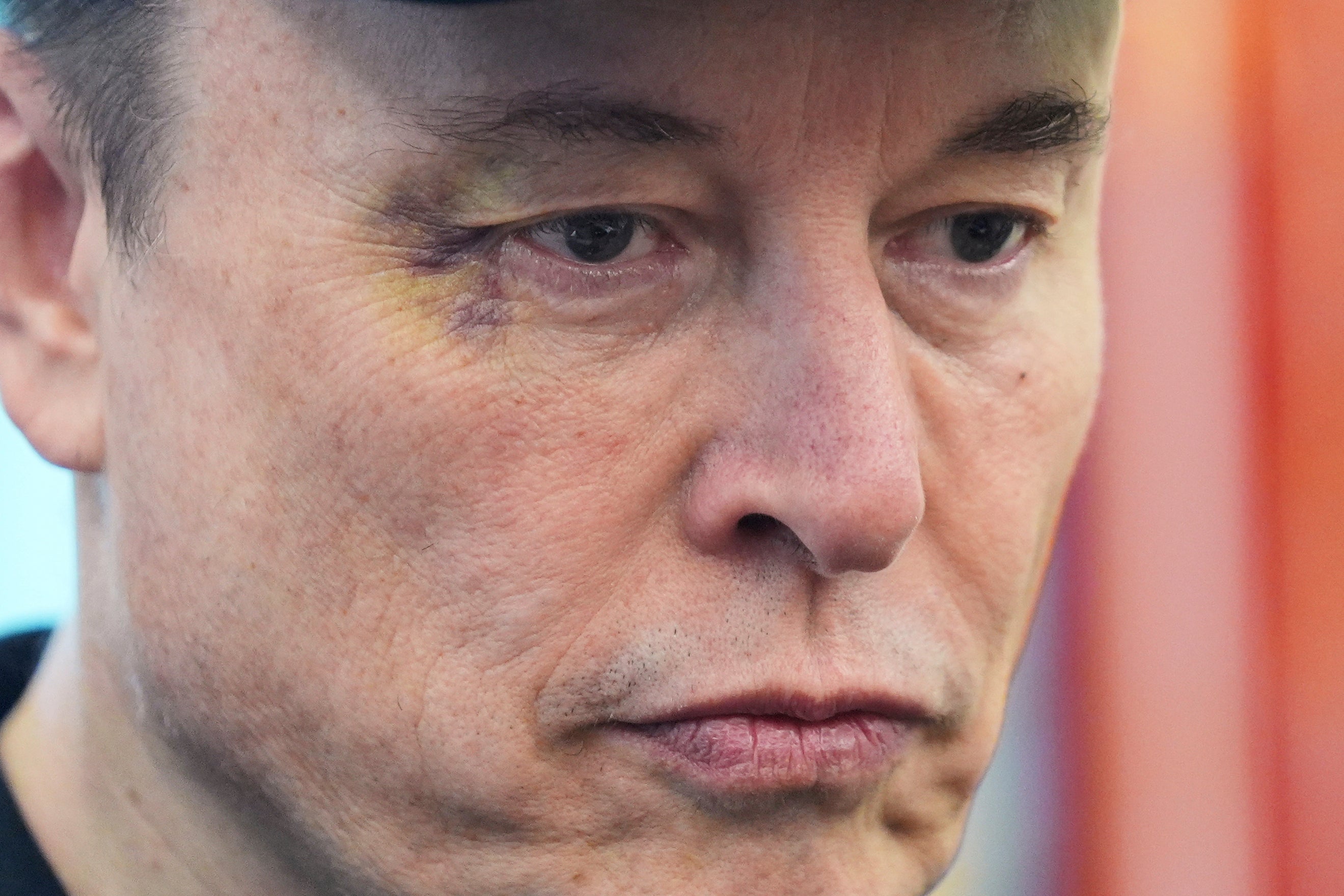Tesla recorded a 54 per cent year-on-year increase in car registrations in Norway in June, while sales dropped for a sixth straight month in Sweden and Denmark.
The EV-maker has continued to face challenges as competitors gain market share and CEO Elon Musk's popularity declines.
While Tesla began taking orders for the new Model Y months ago, it only started delivering the car to customers in many European markets in June. In Norway, the first deliveries were made in May, when the company saw a spike in new Model Y sales.
The Model Y registrations, for both the new and old versions, rose 115.3 per cent on a yearly basis to 5,004 units.
In Sweden, Tesla's registrations, which are a measure of sales, fell 64.4 per cent in June from a year earlier.

Tesla's sales were also down 61.6 per cent in Denmark, where the U.S. group's revised Model Y sales fell 31.2 per cent compared with last year to 1,155 cars, showing no signs of reviving the brand's fortunes.
"A new model update is the classic extension strategy for a product that is used to inflate a product's lifecycle, giving a short-term bounce," Matthias Schmidt, an analyst from Schmidt Automotive, said.
According to the research firm's data, Tesla has suffered six straight year-on-year losses in quarterly new registration volumes across Western Europe, "with the second quarter of 2025 looking like it could be a consecutive seventh", Schmidt said.
"While the regional BEV (battery electric vehicle) market is growing, Tesla is shrinking," he added.

Andy Leyland, co-founder of supply chain specialist SC Insights, said that significant percentage changes often hide small numbers, with some European markets only having hundreds or low thousands of sales, which can be impacted by logistics, stock levels and new product launches.
Only the consumers could name the reason for Tesla's sales drop, whether it is Musk's politics or product-related issues, Leyland added.
The publication of Tesla's monthly car registration figures coincided with a renewal of a dispute between Musk and U.S. President Donald Trump regarding a sweeping tax-cut and spending bill.
"Backpedalling on Trump is likely a strategic move designed to dampen the political fallout, but it is likely too little too late," Schmidt said.

 3 hours ago
3
3 hours ago
3








